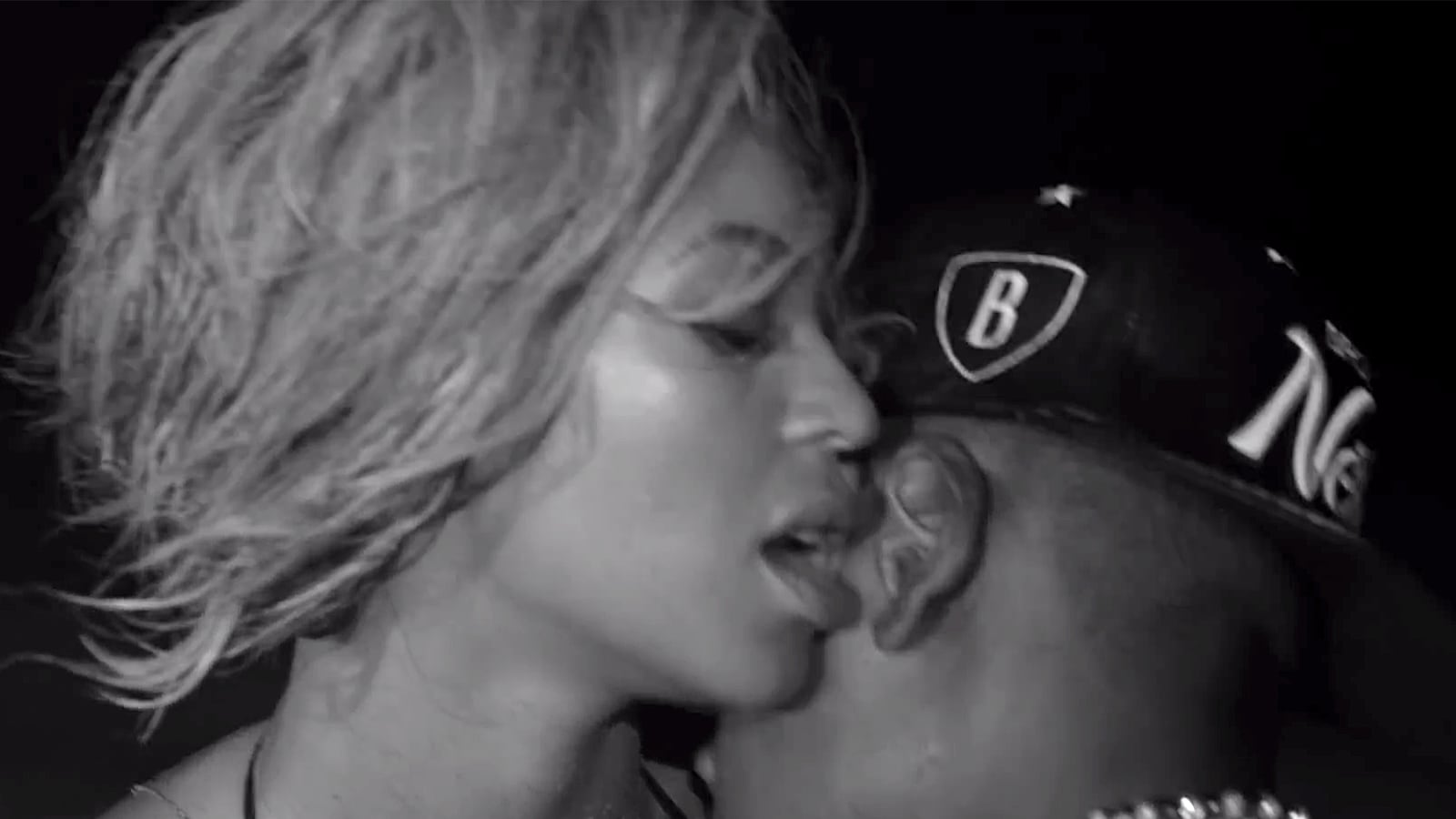Drunk in Love isn’t just the best Beyoncé/Jay Z collaboration since Blue Ivy: it also explains new scientific research, which found alcohol and oxytocin—“the love hormone”—produce similar neurological effects
A study this week from the University of Birmingham, UK, saw marked similarities in the behavioral effects of the two, confirming the long-held theory that drink and neuropeptide oxytocin have much in common. What this research uncovered, though, is that the fluffy nicknames often afforded to the hormone belies its more negative properties, making it more closely aligned to alcohol than previously thought.
Some of oxytocin’s effects include the heightening of social actions such as empathy and generosity, as well as playing a key role in maternal bonding. This happens when the action of the prefrontal and limbic cortical circuits are suppressed, thereby alleviating negative emotions such as anxiety and stress.
“We pooled existing research into the effects of both oxytocin and alcohol and were struck by the incredible similarities between the two compounds,” explained Dr. Ian Mitchell, a psychologist who worked on the study. “They appear to target different receptors within the brain, but cause common actions…in the prefrontal cortex and the limbic structures. These neural circuits control how we perceive stress or anxiety, especially in social situations such as interviews, or perhaps even plucking up the courage to ask somebody on a date. Taking compounds such as oxytocin and alcohol can make these situations seem less daunting.”
“The idea of ‘Dutch courage’—having a drink to overcome nerves—is used to battle those immediate obstacles of fear and anxiety. Oxytocin appears to mirror these effects in the lab,” added Dr. Steven Gillespie, one of the paper’s co-authors.
Indeed, just as alcohol can help us to shed our inhibitions, the hormone may prove equally as effective in dissipating our neuroses. But oxytocin isn’t only connected with positive behavior: It can induce aggression, envy, and egotism towards perceived competitors, as well as make our usual sense of fear less heightened than usual. This relinquishing of self-awareness could result in people getting into trouble where they otherwise wouldn’t.
The findings raise questions as to whether the hormone might be used as a replacement for alcohol in the future: Its ability to be administered nasally would make it as simple as ingesting a drink. It also wouldn’t be the first time the “cuddle chemical” has been made into a commercial product—it has previously been used by salespeople as a bottled belief enhancer (trademarked by one company as Liquid Trust) because of its ability to facilitate a more assured environment.
But the study’s researchers believe spritz-able mojitos and the like won’t be on the horizon anytime soon. “I don’t think we’ll see a time when oxytocin is used socially as an alternative to alcohol,” mused Dr. Gillespie. “But it is a fascinating neurochemical and, away from matters of the heart, has a possible use in treatment of psychological and psychiatric conditions. Understanding exactly how it suppresses certain modes of action and alters our behavior could provide real benefits for a lot of people.
“Hopefully this research might shed some new light on it and open up avenues we hadn’t yet considered.”






